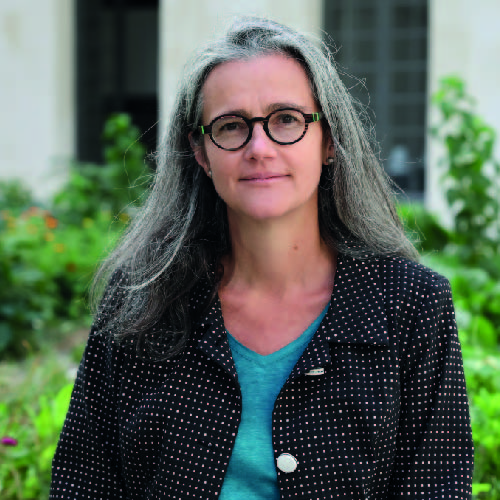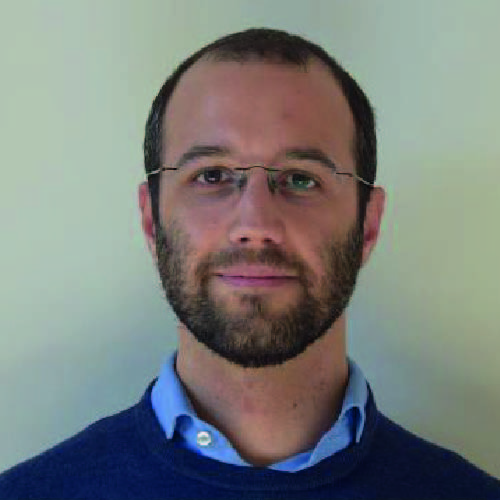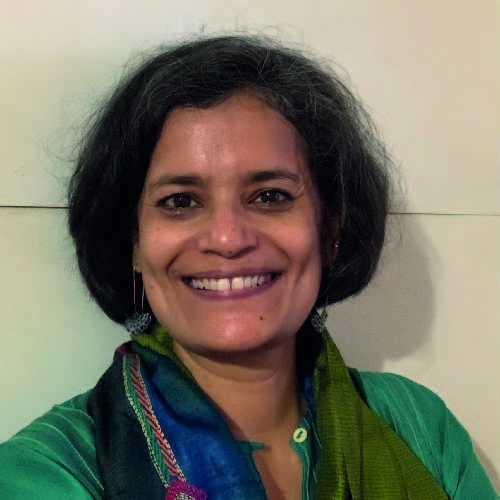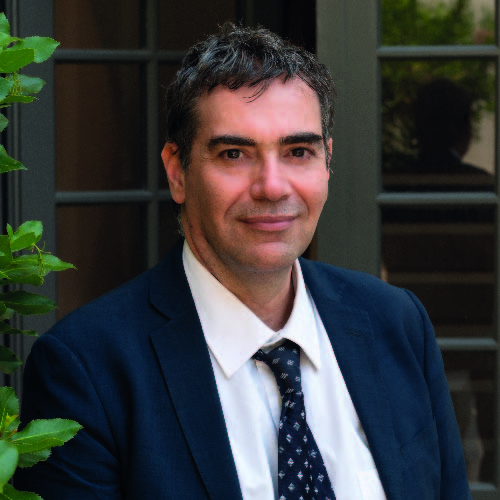AESOP 2024 ANNUAL CONGRESS | TRACKS
36th AESOP Annual Congress 2024 Paris, France
“GAME CHANGER? Planning for just and sustainable urban regions”
TRACK 5: MOBILITY
Planning and change in urban mobility
Chairs:
- Benjamin Buettner, Technical University of Munich
- Patricia Lejoux, CNRS, ENTPE, Université Lyon 2
- Enrica Papa, University of Westminster, London
- Dakota McCarty, Incheon National University, South Corea
Our societies are currently undergoing a series of transitions: ecological, energetic and digital. This context calls for changes in mobility behaviours as well as in transport and urban planning policies. The aim of this track is to question these changes. What changes have already occurred? What changes are coming? This track welcomes contributions on ways of conceptualising, theorising, and empirically examining these changes in different geographical contexts.
Topics to be addressed include, for example:
- Changes in transport modes: what changes in car ownership and use (young people's relationship with cars, peak-car, post-car world, the future of electrification and autonomous vehicles, etc.)? Has the cycling revolution happened (where, how, for whom, etc.)? Will the pedestrian revolution happen (where, how, for whom, etc.)? What is the future of shared mobility?
- Changes in transport and urban planning policies: in recent years, new urban models have been proposed to promote sustainable mobility (Superblocks, the low traffic neighbourhood, 15-minute city, Car-free city, tactical urbanism, etc.). What did that change? What are their limits?
- Changes in mobility policies’ design and implementation: new players have emerged in the mobility sector (Uber, Lime, etc.). What changes did they introduce to sustainable mobility management? Are sustainable mobility policies still designed, produced and managed in a top-down fashion? What role for bottom-up actors (diverse social actors, groups and movements) play in shaping sustainable mobility policies?
- Changes in theoretical and methodological approaches: new theoretical approaches have been developed, namely gender studies, global south studies, postcolonial studies, etc. What does it change when we study sustainable mobility from a gender perspective? From a Southern perspective? What are the benefits and limitations of critical transport studies? What new methodological approaches are implemented to study mobilities?
Keywords: changes, transport modes, mobility policies, urban models, actors, South, gender, critical studies
This track will host:
LOC
The Local Organising Committee













